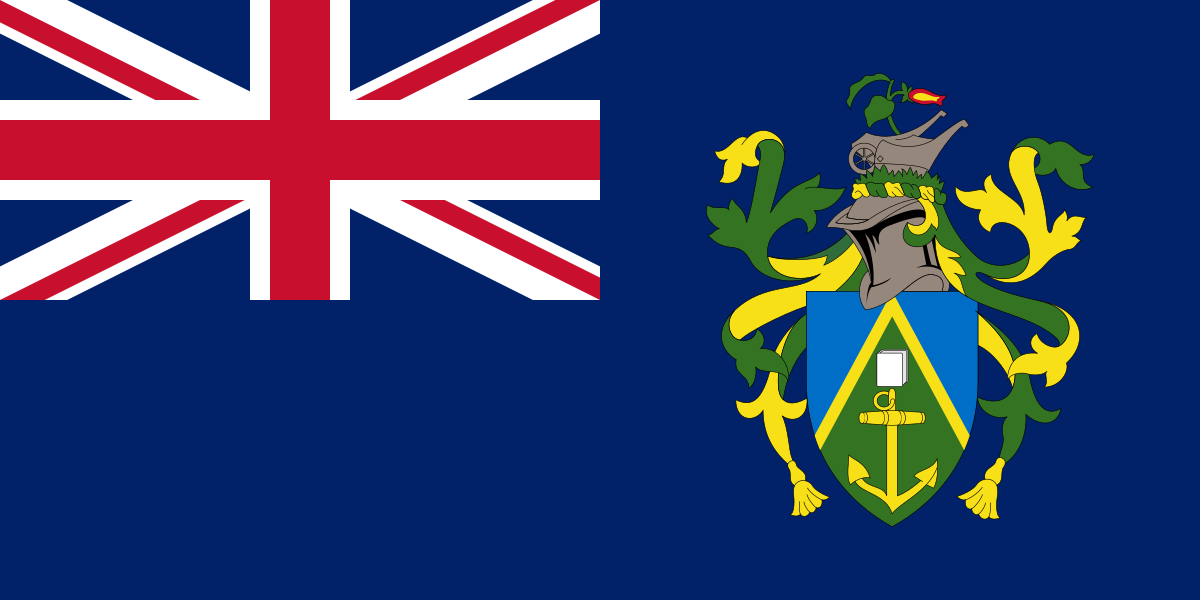On this day in 1789, a handful of crew aboard the H.M.S. Bounty overthrew its captain, William Bligh, and seized the ship. The tale of the mutiny has been immortalized in print and on screen
While many know of the mutiny, few know the fate of Bligh and his loyal crew.
The mutineers ordered Bligh, two midshipmen, the surgeon's mate, and the ship's clerk into the ship's boat. Several more men voluntarily joined Bligh rather than remain aboard. Bligh and his men sailed the open boat 30 nautical miles (56 km) to Tofua in search of supplies, but were forced to flee after attacks by hostile natives resulted in the death of one of the men.
Bligh then undertook an arduous journey to the Dutch settlement of Coupang, located over 3,500 nautical miles (6,500 km) from Tofua. He safely landed there 47 days later, having lost no men during the voyage except the one killed on Tofua.
Bligh's name is always disparaged as a cruel sadistic taskmaster (He actually wasn't cruel in RL, just as his online avatar), but his accomplishment in bringing his crew in an open boat over 3,500 nautical miles with very limited supplies and no loss of life is still regarded as one of the great feats of seamanship in the 18th century.



 Or know what they are?
Or know what they are? 


